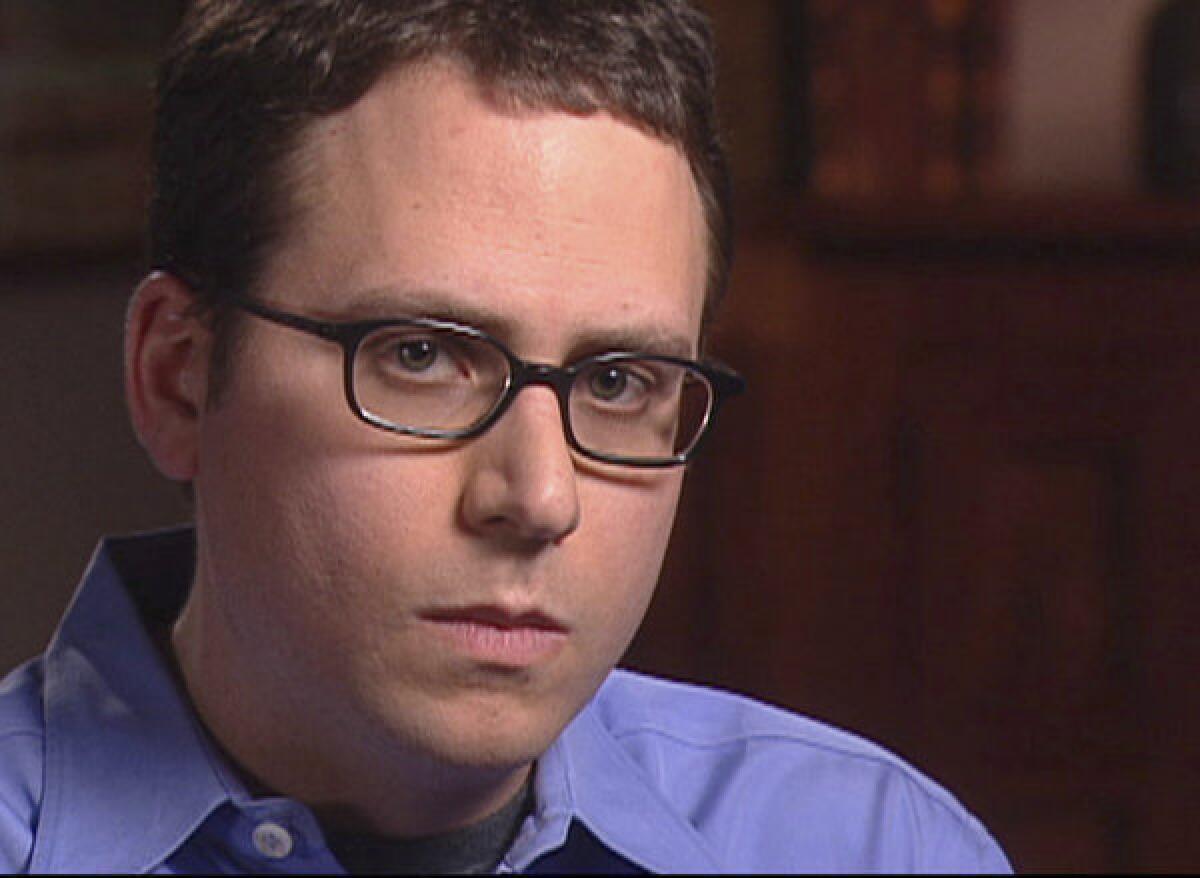Stephen Glass, half full of new-media hypocrisy

More than 15 years after fabricating some 42 articles for the New Republic, Rolling Stone and other magazines, Stephen Glass was back in the news this week. On Monday, the California Supreme Court ruled that Glass, 41, does not have the moral character âcritical to the practice of law.â He has been trying for a decade to overcome that hurdle.
Heâs certainly qualified otherwise. Glass graduated from Georgetown Law School in 2000, passed bar exams in New York and California, and has worked for years as a paralegal at a Beverly Hills firm. Even in the glare of a scandal with a seemingly endless half-life â complete with major motion picture â he has been regarded by professors and colleagues as brilliant, kind, even scrupulous. (Disclosure: I know Glass socially, though not well.)
The court opinion chronicles years of efforts by Glass to redeem himself and rebuild his life. He underwent years of psychoanalysis and sent handwritten apologies to those hurt by his lies. Unconvinced, the court ruled against him. Within hours of the decision, news sites everywhere had Glassâ name in headlines, the accompanying articles often dripping with schadenfreude. CNNâs website referred to Glass as a âscandal-scarred former wonder boy.â
No one denies that his acts were mind-bogglingly egregious. In the storied tradition of the student who puts more effort into cheating than would be required to do the work in the first place, Glass went so far as to throw off fact-checkers by constructing fake websites for nonexistent companies and enlisting his brother to impersonate sources heâd invented out of whole cloth.
But in a pantheon of famous plagiarists and fabulists that includes Jayson Blair, Janet Cooke, Jonah Lehrer and a host of others, Glassâ punishment seems particularly severe. And though he may have played a role in provoking some of that flogging (a roman a clef about the scandal earned him a six-figure advance but did little for his reputation), itâs worth asking why so many in the media have made such a blood sport of his travails.
The question seems especially relevant today, since at no time in media history have the kinds of stories Glass chased back in the day â outlandish, entertaining yarns often aimed at reinforcing racial and cultural stereotypes â been more valued and sought after by editors. In a way, Glass was ahead of his time. He was producing clickbait before the term existed. He was making up facts before the digital age extended that privilege to everyone.
Of the many remarkable details in Mondayâs court ruling, perhaps the most striking comes from testimony given by Martin Peretz, the New Republicâs owner and manager during Glassâ tenure. Peretz said he blamed himself and the magazineâs editors âfor encouraging Glass to write zany, shocking stories,â and that as a professor, heâs found that âthe most brilliant students plagiarize.â He said he wouldnât rule out hiring Glass as a journalist today.
Presumably Glass is smart enough to steer clear of that offer. But ironically, if he did work in journalism today, the proliferation of crowd-sourced fact-checking might save him from some of his worst instincts. Readers may have increased their tolerance for mistakes and inaccuracies born of haste, but their falsity detectors have never been more finely tuned. If he invented a source today, heâd likely be found out in two hours rather than the two years it took editors to catch on in the late 1990s.
Itâs possible that Glass remains a source of fascination in part because younger generations cannot fathom a world in which a fabricated story couldnât be sniffed out and exposed on Gawker within hours of being published. But itâs also possible that Glass, disgraced âold mediaâ figure though he is, has become a kind of scapegoat for the disgraced state of a lot of new media. In continuing to punish him for spectacular deceptions committed years ago, we can continue to overlook the blunders and imprecision that are now a matter of course. By deciding heâs the worst of the lot, we can overlook all the ways that some things now are, well ⌠a lot worse.
Does Glass deserve to be allowed to practice law? Thatâs not something Iâm qualified to judge. But surely he deserves to get us off his back.
[email protected] Twitter: @meghan_daum
More to Read
A cure for the common opinion
Get thought-provoking perspectives with our weekly newsletter.
You may occasionally receive promotional content from the Los Angeles Times.











